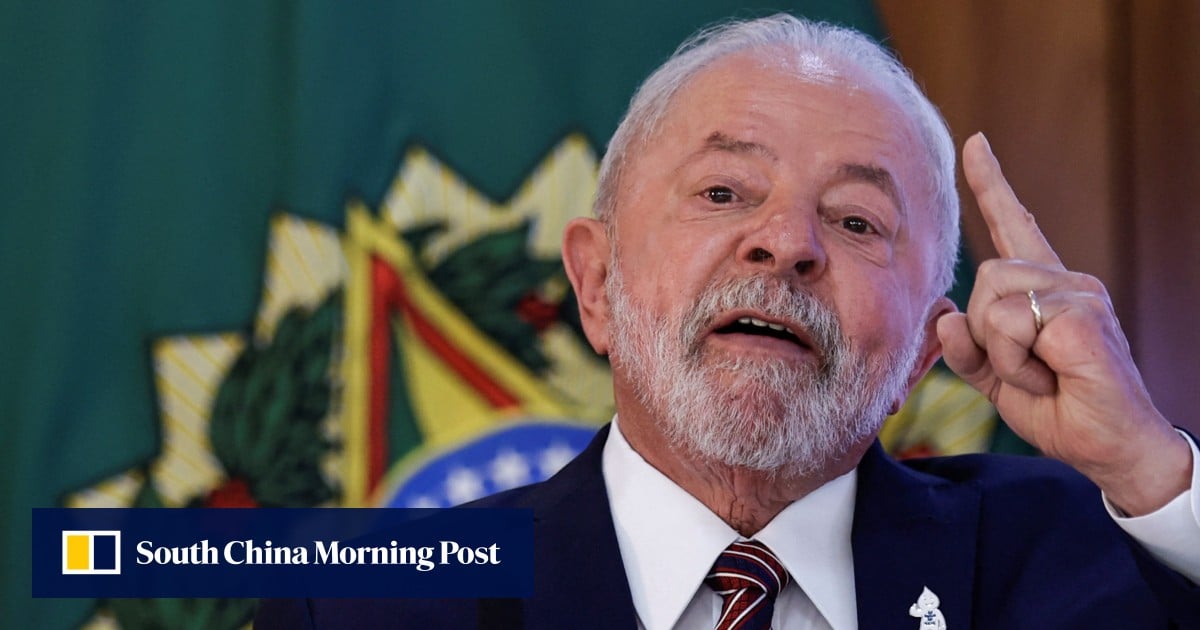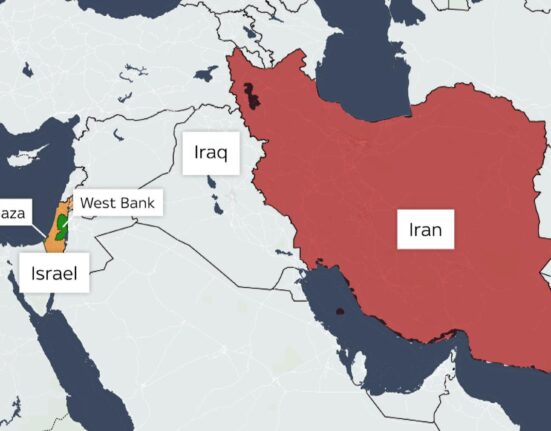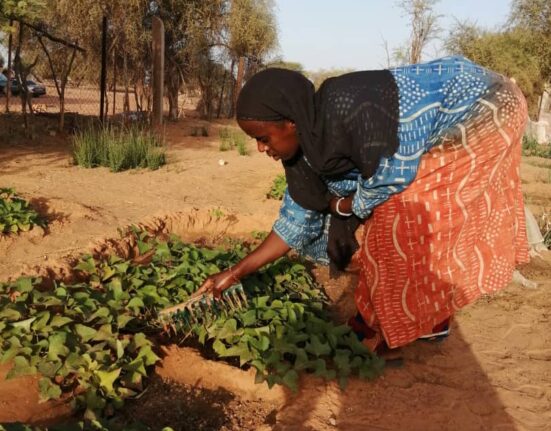Brazilian President Luiz Inácio Lula da Silva took center stage at the 17th BRICS Summit in Rio de Janeiro, emphasizing the critical need for reform within the International Monetary Fund (IMF). The summit, revolving around themes of
“Strengthening Multilateralism, Economic and Financial Affairs, and Artificial Intelligence,”
brought together leaders and officials from Brazil, Russia, India, China, South Africa, as well as newer members like Indonesia, Iran, Egypt, Ethiopia, and the United Arab Emirates.
Lula highlighted the significance of fostering a more inclusive approach to IMF restructuring. He stressed that unilateral actions hinder international trade flow but underscored BRICS’ commitment to enhancing cross-border payment systems for quicker and more secure transactions.
“While unilateralism creates barriers to trade… This will boost our flow of trade and services,”
Lula noted.
Moreover, amidst discussions on technological advancements such as artificial intelligence (AI), Lula championed fair governance in this domain. Referring to the Declaration on Artificial Intelligence Governance adopted by BRICS leaders, he asserted the importance of ensuring a level playing field.
“New technologies must operate within a fair… framework. The development of artificial intelligence cannot become a privilege…”
Lula emphasized.
The evolution of BRICS from its original composition – Brazil, Russia, India, China, South Africa – to welcoming additional nations reflects its growing influence on the global stage. This expansion signals a broader collaborative effort towards addressing pressing financial issues and technological developments affecting multiple countries worldwide.
Experts view these calls for enhanced IMF reforms as timely and essential in light of current economic challenges globally. By advocating for improved cross-border payment systems and fair AI governance principles within BRICS nations and beyond; leaders are paving the way for a more equitable economic landscape.
As BRICS continues to solidify its position as an influential coalition driving positive change across various sectors including finance and technology; collaborations with strategic partner countries like Belarus,Cuba,and Vietnam further strengthen its impact on shaping global policies related to multilateralism,economic growth,and technological innovations.









Leave feedback about this